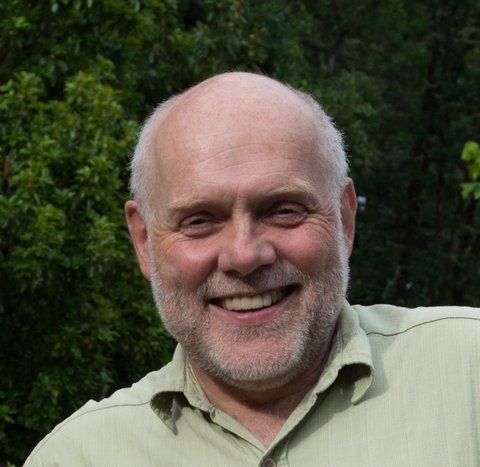Selected Publications
- Puettmann, K.J., K. D. Coates, and C. Messier. 2009. Critique of Silviculture: Managing for Complexity. Island Press, Washington DC. http://islandpress.org/ip/books/book/islandpress/C/bo7019337.html; Recipient of the Bulkley Valley Research Center for Natural Resources Research and Management’s 2013 Jim Pojar Award. Translated and available in Spanish and Persian.
- Messier, C., Puettmann, K.J. and D. Coates (edts.) 2013. Managing Forests as Complex Adaptive Systems: Building Resilience to the Challenge of Global Change. Earthscan, London. http://www.routledge.com/books/details/9780415519779/
- Puettmann, K.J., L. Parrott, and C. Messier. 2016. Teaching complex adaptive systems science in natural resource management: Examples from forestry. Natural Sciences Education 45(1) doi:10.4195/nse2016.04.0009.
- Puettmann, K.J., Wilson, S. McG., Baker, S.C., Donoso, P.J., Droessler, L., Amente, G., Harvey, B.D., Knoke, T., Lu, Y. Nocentini, S., Putz, F.E., Yoshida, T., and Bauhus, J. 2015. Silvicultural alternatives to conventional even-aged forest management – what limits global adoption? Forest Ecosystems 2:8 doi:10.1186/s40663-015-0031-x
- Puettmann, K.J. 2011. Silvicultural challenges and options in the context of global change – “simple” fixes and opportunities for new management approaches. Journal of Forestry. 109(11): 321-331.
FRIAS Project
Developing and managing new forest ecosystems in times of global change
In collaboration with Professors Jürgen Bauhus and Christian Messier (University of Quebec) I will write a book in which we analyze how the complexity of natural systems can be employed and fostered to develop and maintain adaptable, resilient, and productive forest ecosystems. We specifically focus on developing a theoretical foundation for silvicultural decisions by integrating theories from complexity science and forest ecology. In the context of global change, we propose that adaptive capacity has to be viewed as an increasingly important supportive ecosystem service that requires more attention in the future. Managing to sustain or increase adaptive capacity provides a novel challenge as forest dynamics are increasingly influenced by drivers associated with human caused global change. This trend has great implications for silviculture, as traditional silvicultural practices are heavily emphasizing natural influences and trends. We propose that the integration of theories from complexity science and forest ecology can provide provides guidance and suggestions how to overcome this limitation. To accomplish this, we will interact with a variety of faculty from the biological sciences, especially faculty in the emerging field “Complexity of nature and future ecosystems”, as such interactions will base the work on a broader set of expertise necessary to accomplish our goals.
